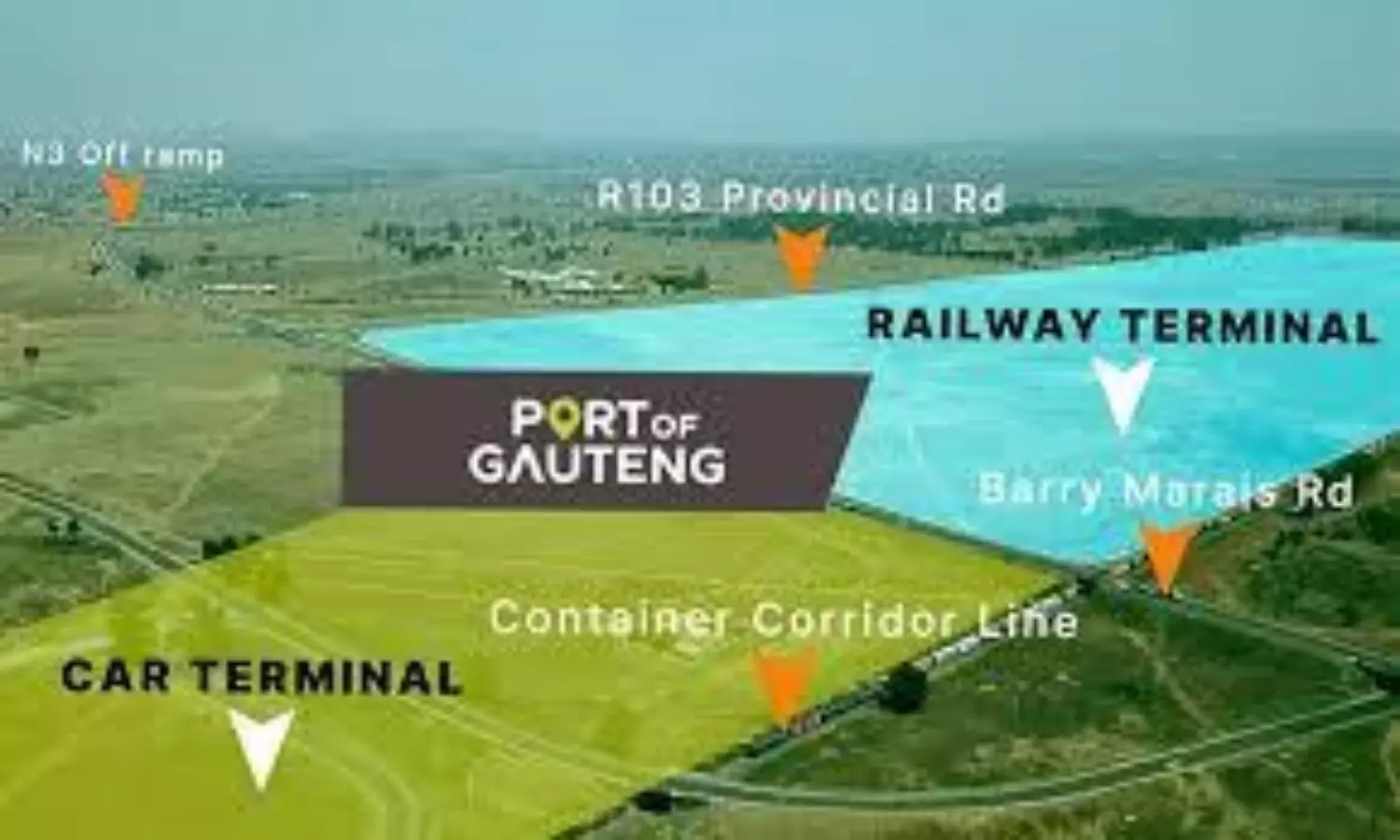$2.9 billion port of Gauteng project offers hope for South Africa’s logistics network
RFA backs Port of Gauteng project to integrate road and rail, improve logistics, and boost South Africa’s economy.

The Road Freight Association (RFA) has welcomed the ambitious $2.9 billion Port of Gauteng project, calling it a pivotal opportunity to tackle the systemic inefficiencies in South Africa’s logistics network, particularly along the congested Durban-Gauteng freight corridor. The association highlighted the importance of integrating road and rail operations and allowing private-sector involvement to drive efficiency.
The Port of Gauteng White Paper envisions a premier trade gateway designed to restore balance to the supply chain. For decades, the RFA has promoted the development of inland ports to ease congestion at Durban and improve inland freight depots like City Deep. The White Paper identifies the current pressure on Durban as unsustainable, with bottlenecks affecting the entire economy.
The association emphasised that rail currently handles less than 14% of cargo along the corridor, far below the National Development Plan’s 50% target. Private-sector access to rail is critical, but rail alone cannot succeed. Road transport provides essential first- and last-mile connections, linking rail to businesses and consumers without direct access to sidings or depots.
The White Paper outlines seamless train-to-truck transfers, which will require significant investment in surrounding road infrastructure and intermodal facilities. Performance-Based Standards (PBS) vehicles are also considered, though the RFA noted the pilot nature of this approach and its potential impact on existing operators.
RFA CEO Gavin Kelly stressed that the future of road freight lies in vehicles that are safer, more efficient, reduce fuel consumption, lower operational costs, and minimise road wear. Smart trucks should enhance fleet efficiency rather than simply carry more payload.
The project also addresses evolving market demands, including e-commerce and small-consignment logistics. Efficient container handling, rapid turnaround times, and integrated modal operations are essential for success. The RFA underlined the need for fair competition and operational excellence across road, rail, and warehousing services.
The association concluded that the Port of Gauteng aligns with its long-term vision for an integrated, functional, and efficient South African logistics network. Collaboration between government, private operators, and other stakeholders will be crucial to create jobs, reduce costs, and build a resilient economic future.


